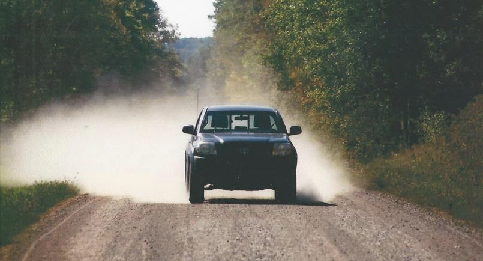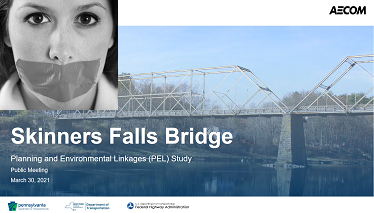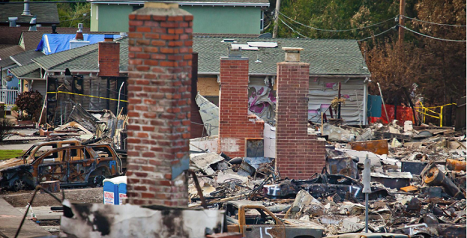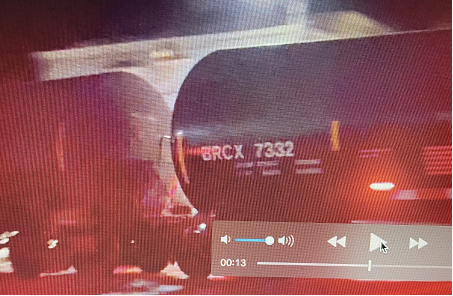
Penn State: Frack Wastewater IS Toxic! – & on YOUR Road?
August 16, 2021
PennDOT’s Faulty Public Comment Process Re: Skinners Falls Bridge
August 28, 2021By David E. Hess, PA Environment Digest, August 2, 2021
The PA Environment Digest prepared a policy paper on the issue of requiring natural gas and hazardous liquid pipelines to have insurance or financial assurance resources in place to cover property damage, bodily harm and environmental cleanup resources if a leak or explosion happens.
It started with a simple question: Are natural gas pipelines required to have insurance to cover property damage, bodily harm or environmental cleanup and natural resource damage costs?
Spoiler — the answer is — NO.
They are not required by federal or state agencies to have or show proof of general liability or environmental liability insurance or produce a financial assurance plan that demonstrates they can pay for damages the operation of their facilities may cause.
For decades, general liability, and many times environmental cleanup insurance, has been a key part of many environmental programs to pay the cost of injuries to people, property and the environment in case something goes very wrong.
These measures were put in place so neighbors, communities and taxpayers do not have to pay the costs of repairing property damage, natural resources or worse.
If you own a car or own your own home, you have to have insurance.
But, operators of pipelines carrying gasoline, natural gas, natural gas liquids and other hazardous and explosive substances do not have to have insurance or a financial assurance plan. Many pipelines in Pennsylvania follow rights-of-way that were laid out in the 1930s or earlier and houses, apartments and businesses have grown up close to and in some cases within 25 to 50 feet of those pipeline routes.
What happens if there’s an accident in one of those areas or in a more rural area that causes significant damage or loss of life?
Will neighbors, communities and taxpayers be left to pay the bills?
Now, these neighbors and communities rely on the good intentions of pipeline companies to pay for these damages, and they have in most cases, but what about in the future?
With the number of miles of natural gas and hazardous liquid pipelines are expected to quadruple by 2030, the scope of the potential risk of property damage and bodily injury increases.
Will those who suffer damages have to go to court to seek damages or will insurance or financial assurance programs be in place to cover those costs?
Now, we simply don’t know.
Pipelines Explode, Leak
Pipelines do explode, leak and pollute….. Read the full report here (Conclusion below).
Read more about pipeline “incidents” on FracTracker.
Conclusion
Given that we know pipelines do explode, leak and pollute.
Given we know there are significant risks of bodily injury, property damage and environmental damage that can and have occurred along pipeline routes, especially where development has overtaken pipeline rights-of-way.
Given the number of natural gas and hazardous liquid pipelines are expected to quadruple by 2030.
Given public and regulating agencies know nothing or very little now of the financial capacity or the claims process used by named pipeline operators, intermediate or parent 6companies for managing these risks.
Given the significant concerns neighbors, communities and taxpayers have about how they would cope with a significant or catastrophic incident involving a pipeline.
Is it appropriate to require pipeline operators, intermediate and parent companies to demonstrate they have an insurance/financial assurance plan– based on independent, third party risk assessment and underwriting processes– to manage risks of bodily injury, property damage and environmental damage that can occur along pipeline routes?
The answer is yes to protect the interest of neighbors, communities and taxpayers.




